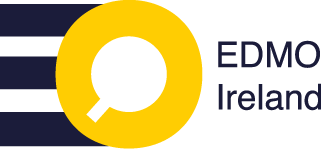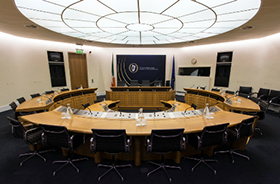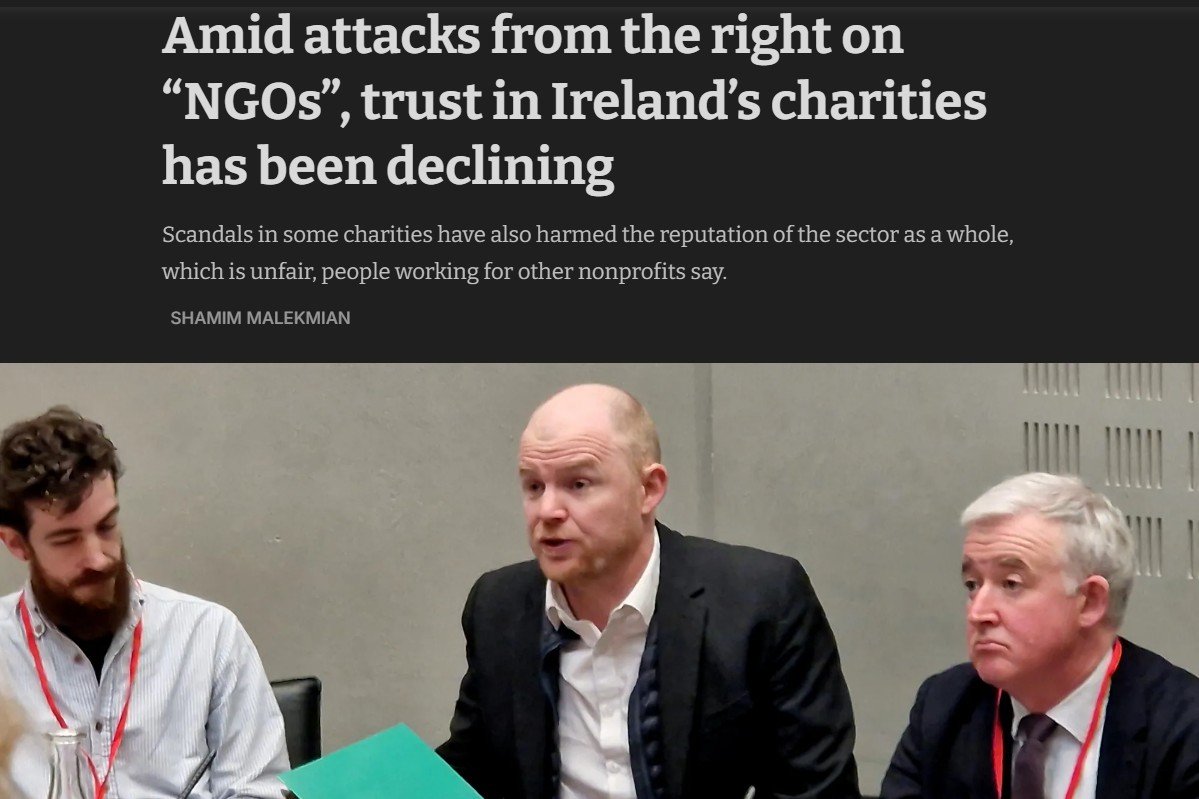EDMO has responded to the pressing need for guidelines on how to design, develop, and implement effective media literacy initiatives. While there is great demand for media literacy and an explosion of media literacy projects, it’s critically important to ensure these efforts are effective.
The EDMO guidelines have been designed for use by anyone involved in the development of media literacy initiatives – civil society, educators, policy makers, those in the media or tech industries. The guidelines are in the form of a checklist, which is intended to be helpful in raising issues for consideration, based on the experiences of prior media literacy initiatives. Guidelines are grouped into three sections, which mirror the successive stages of developing a media literacy initiative: development, delivery and review.
Development
A good media literacy initiative:
has clearly defined goals and principles
is empowering
promotes critical understanding of the media ecosystem
consultative and relevant
takes an evidence-based approach
is inclusive
is ethical and accessible
Delivery
A good media literacy initiative:
is transparent
is prepared
is adaptable
Review
A good media literacy initiative:
endures
reflects, shares and evaluates
In an area as complex and diverse as media literacy, there can be no one-size-fits-all approach. Media literacy initiatives – such as training courses, published lesson plans or other resources, online games, or campaigns – vary considerably in scope, size, duration and focus. As a result, not all of these guidelines will be relevant to all projects. It is entirely up to the user to select the most appropriate advice for their initiative.
Commenting on the guidelines, EDMO Ireland coordinator Dr Eileen Culloty said: “As demand for media literacy has never been higher, these guidelines are an invaluable resource to help organisations develop and evaluate their initiatives.”
The EDMO Working Group on Media Literacy – which includes Martina Chapman from EDMO Ireland and MLI – sought input from the EDMO Hubs and other practitioners to develop the guidelines.




